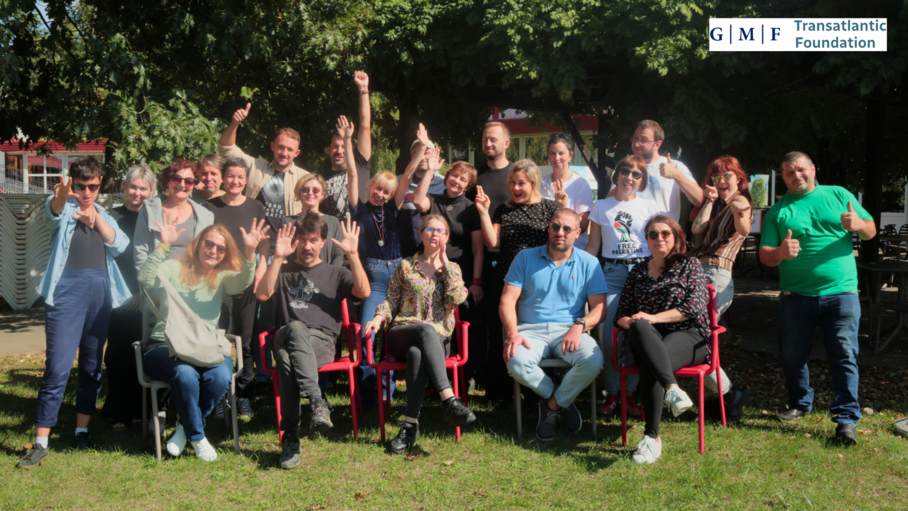Successful completion of the "School of resilience"
Zelena akcija / FoE Croatia has successfully completed its “School of Resilience.” This three-day training took place from September 23 to 25, 2024, and was attended by 30 staff members and volunteers from FoE Croatia, alongside colleagues from various civil society groups and organisations.
The training aimed to exchange knowledge and experiences while equipping participants with new tools to enhance the resilience of both staff and volunteers, as well as their organisations.
The topics covered during the training included:
- Strategies for organizational resilience
- Theories of "leaderful movements" as methods for strengthening horizontal work structures and relationships
- Creative tools for social change and innovative fundraising techniques
- Supporting volunteer groups
- Promoting solidarity among movements and groups
As a crucial step in the “Resilient Activism in Times of Uncertainty” project, the School of Resilience was designed as a three-day laboratory for resilient activism. Participants deepened their understanding of the historical and current implications of the shrinking civic space phenomenon. They explored various strategies and theories of change while discussing how to utilize new tools and techniques to mobilize citizens effectively.
The training fostered a better understanding of the role of education in movement building and the theories of change that underlie key strategies and approaches used today. This initiative enhanced participants' abilities to collaborate, create active and supportive networks, and work effectively across differences.
Following the training, a toolkit will be published in English, compiling the knowledge and insights gained on these important topics. It is hoped that this resource will serve as inspiration for other groups, organizations, and movements seeking to enhance their resilience in their work, relationships, and communities.
--
Co-funded by the European Union. Views and opinions expressed are however those of the author(s) only and do not necessarily reflect those of the European Union or the European Education and Culture Executive Agency. Neither the European Union nor the granting authority can be held responsible for them.
